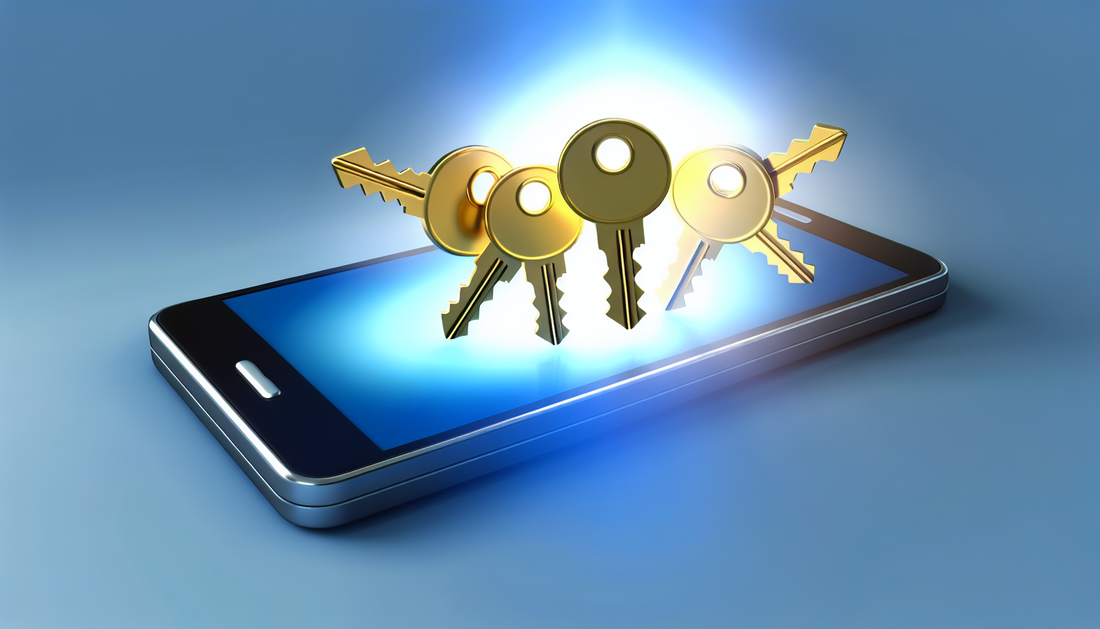
Unlocking Mobile Payments with CELO
Share
How CELO Works
CELO is a decentralized platform designed to enable fast and secure mobile payments for anyone with a smartphone. The platform is built on a blockchain, designed with the intent of promoting financial inclusion by allowing users to send and receive payments using just their mobile number.
Mobile-First Approach
CELO differentiates itself from other cryptocurrencies by focusing on mobile users. Instead of relying on complex wallet addresses, the platform uses phone numbers as public keys. This feature is built to simplify the user experience, targeting unbanked and underbanked populations globally. Users can send or receive payments just by knowing the recipient's mobile number. This approach focuses on reducing the friction typically seen in traditional crypto transactions.
Dual-Token System
CELO operates with a unique dual-token system. These two assets are the CELO token and a series of stablecoins, notably cUSD (Celo Dollar) and cEUR (Celo Euro). The native CELO token is primarily used for governance and network operations. Holders of CELO can vote on proposals for protocol upgrades, fostering a decentralized governance structure.
On the other side, stablecoins like cUSD and cEUR are designed to provide value stability on the platform. These stablecoins are pegged to fiat currencies, adding an element of predictability, critical for users in regions where currency volatility is a significant barrier to adopting digital currencies.
Proof-of-Stake Consensus
The CELO network operates on a Proof-of-Stake (PoS) consensus mechanism. This means users can stake their CELO tokens to help secure the network while earning rewards in return. Validators are responsible for overseeing the health of the blockchain and verifying transactions. The PoS model is also designed to be energy-efficient compared to Proof-of-Work systems, further making the platform feasible for large-scale, mobile adoption.
On-Chain Governance
CELO's governance system allows stakeholders to propose and vote on protocol changes. Any user holding the CELO token can participate in governance, shaping decisions that affect the direction of the project. This decentralized governance structure aligns with the platform’s mission of fostering an inclusive financial system.
Lightweight Clients
The platform uses "lightweight clients," which are designed to be more energy-efficient than traditional blockchain nodes, making it easier for mobile devices to interact with the blockchain without the need for high computational power or internet connectivity. This feature helps accommodate users in regions where infrastructure may be limited.
Smart Contracts and dApps
CELO also works like many other blockchains in supporting decentralized applications (dApps) through smart contracts. These programmable contracts allow developers to create financial services, marketplaces, and other tools that run directly on the CELO blockchain, further expanding its use case beyond just mobile payments.
